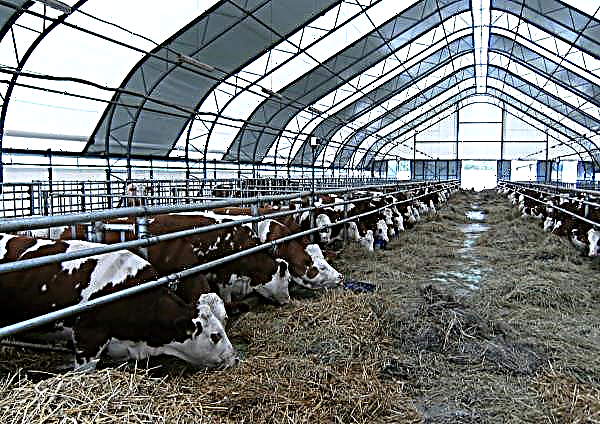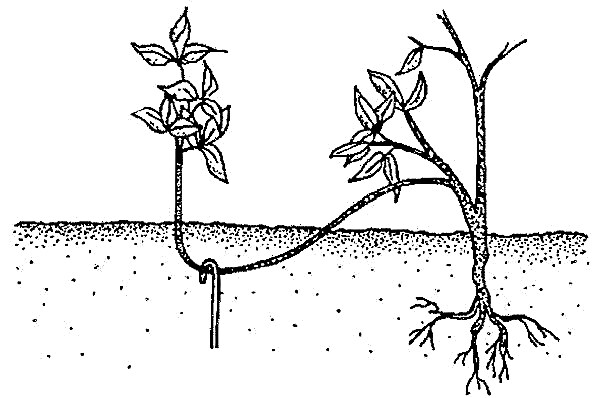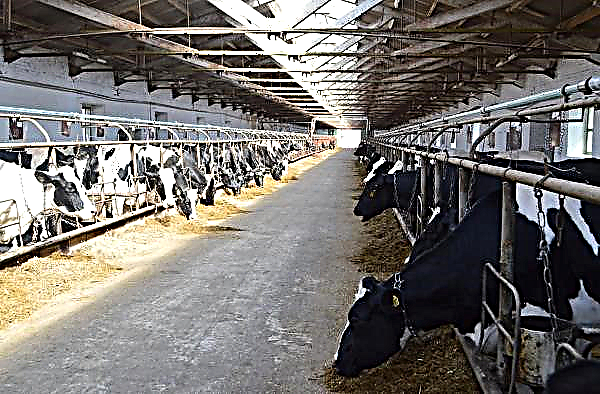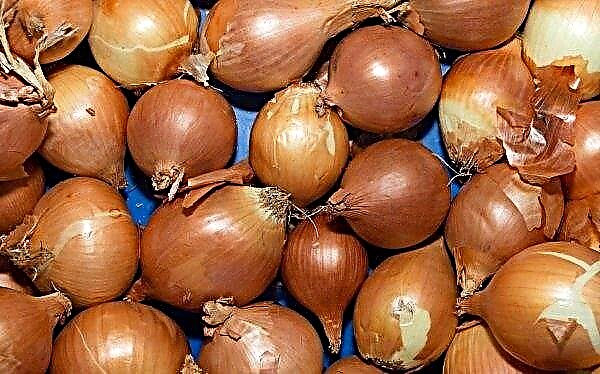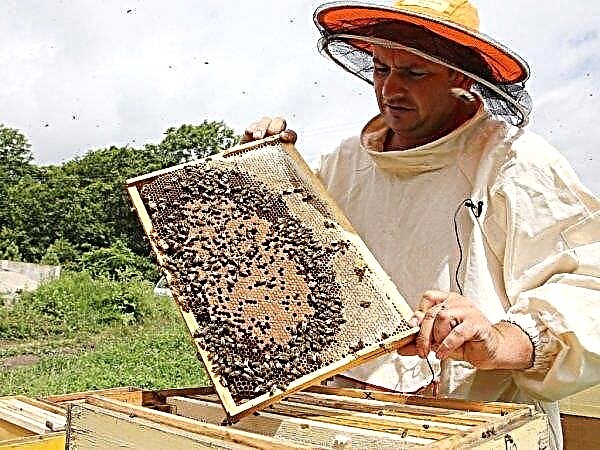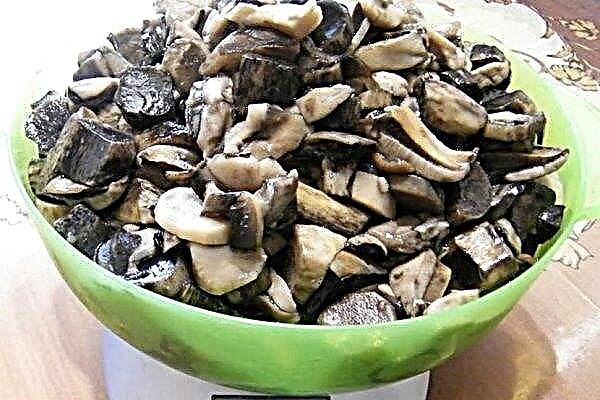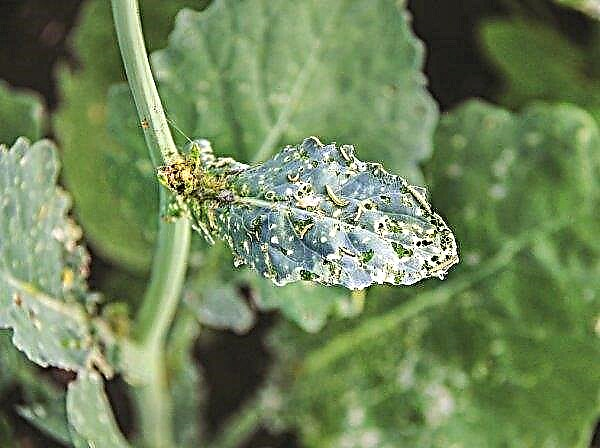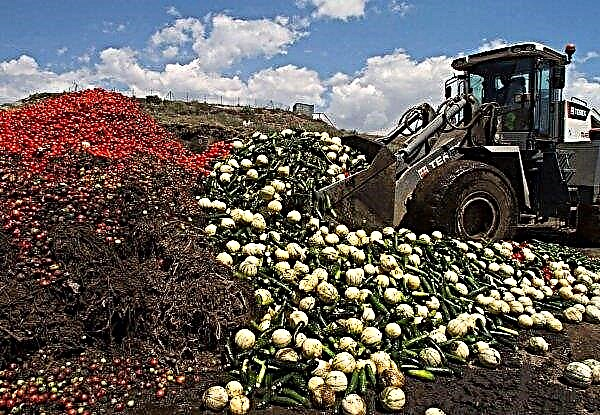The French government has determined safe distances for distributing pesticides in areas near homes, trying to resolve the heated debate between farmers and environmentalists, but they only managed to anger both groups at once.
Starting January 1, there should be a five-meter gap between the sprayed fields and housing for crops, such as cereals, and a 10-meter zone for fruit trees, a joint statement from the ministries of agriculture, environment and health said.
The FNSEA, France's largest farmers union, opposed pesticide-free mandatory zones as potentially forcing farmers to abandon large amounts of land, reacted angrily.
 Pesticide farmers are more likely to get sick and die earlier by 7 years.
Pesticide farmers are more likely to get sick and die earlier by 7 years.
Direct speech: “By establishing incompressible safe distances in certain situations, whatever the methods and measures of protection, the government yields to ideology and abandons many farmers without any decision,” the FNSEA statement said.
Ecological group France Nature Environment (FNE) criticized the measures for not going far enough.
Commercial pesticides can no longer be used in public places, such as parks, since January 2017, and this year the ban has touched private houses and gardens.
The government is committed to phasing out the use of the disputed glyphosate herbicide by 2021, although it promised to take into account the existence of farms without any viable alternatives.
Farmers, outraged by the government’s policies, which they say threaten their livelihoods and are not based on science, brought tractors to Paris last month. By doing so, they obstructed the suburban movement and intensified the social unrest that President Emanuel Macron was facing.
- In the USA, about 70% of fresh foods, even after washing, contain pesticide residues
- The European Parliament calls for less use of pesticides to protect bees.
- The European Parliament calls for a reduction in pesticides to protect bees.
- The Indian government has allocated more than two million dollars to test pesticides.
- Nepal imported 635 tons of pesticides.

